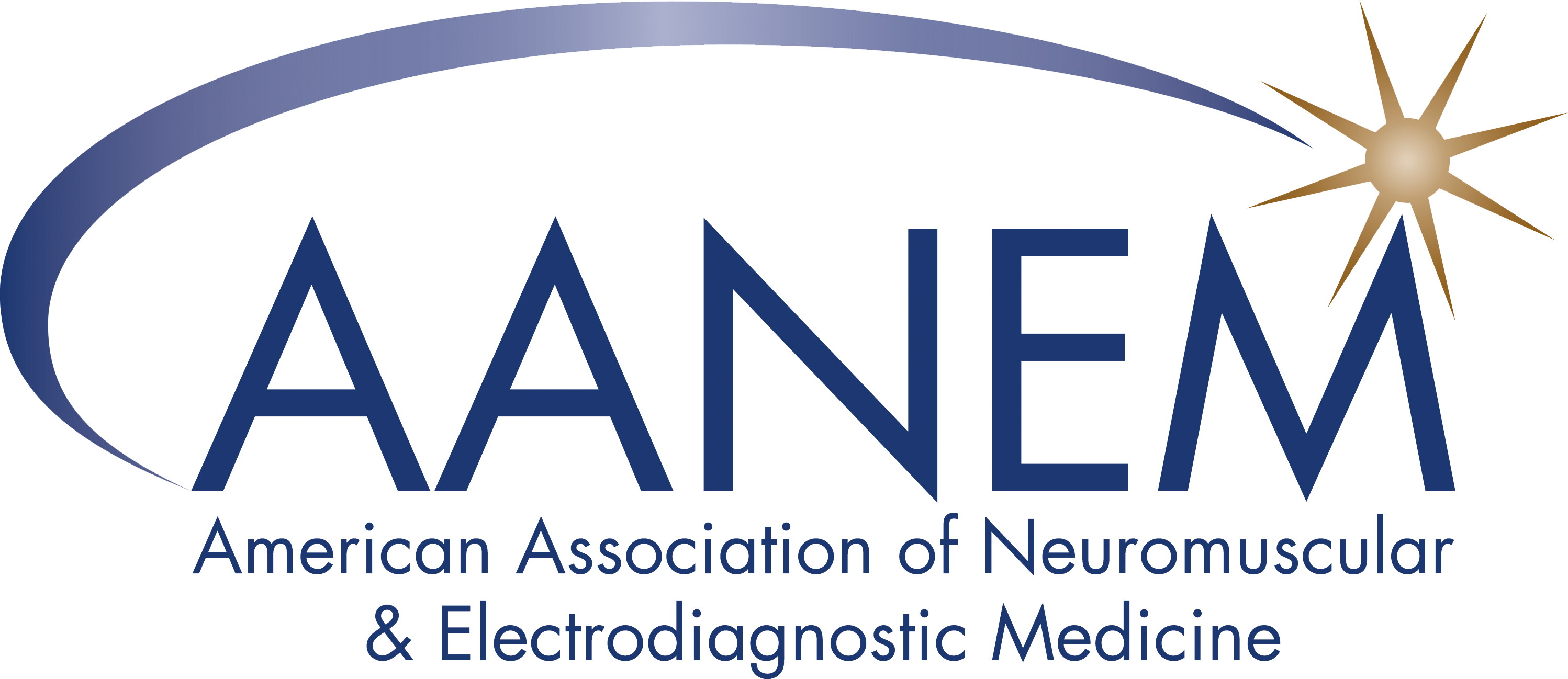Myotonia Congenita
What is Myotonia Congenita?
Myotonia congenita is a disorder where voluntary muscles (such as the arms and legs) relax slowly. Symptoms include stiffness and muscle enlargement (hypertrophy). Symptoms are often relieved by exercise. It is caused by a gene mutation. There are two types, Thomsen (which is less severe) and Becker (which is more severe).Who gets Myotonia Congenita?
Myotonia congenita is present at birth and comes from a genetic mutation. The gene must be present in one parent or both parents for their child to have myotonia congenita.How is Myotonia Congenita diagnosed?
After learning the patient's history to see if there is a family history of myotonia congenita, a physician may perform an EMG and a muscle biopsy.How is Myotonia Congenita treated?
In many cases, no treatment is required. Some medications can be used to help treat the symptoms, and physical therapy may be used to help muscles. A person with myotonia congenita can lead a relatively normal life.
More Information
National Society for Genetic Counselors
Hereditary Disease Foundation
Alliance of Genetic Support Groups
Medline Plus
MD Association
National Institute of Neurological Disorders and Stroke
Help Fund Research
The foundation funds important research and helps support education through awards and fellowship funding. Donate today and 100% of your donation will be used to support these initiatives.
Find Support
AANEM's membership and accredited laboratory directories can help patients find qualified professionals for diagnosis and treatment.
Find a Doctor Find an Accredited Lab